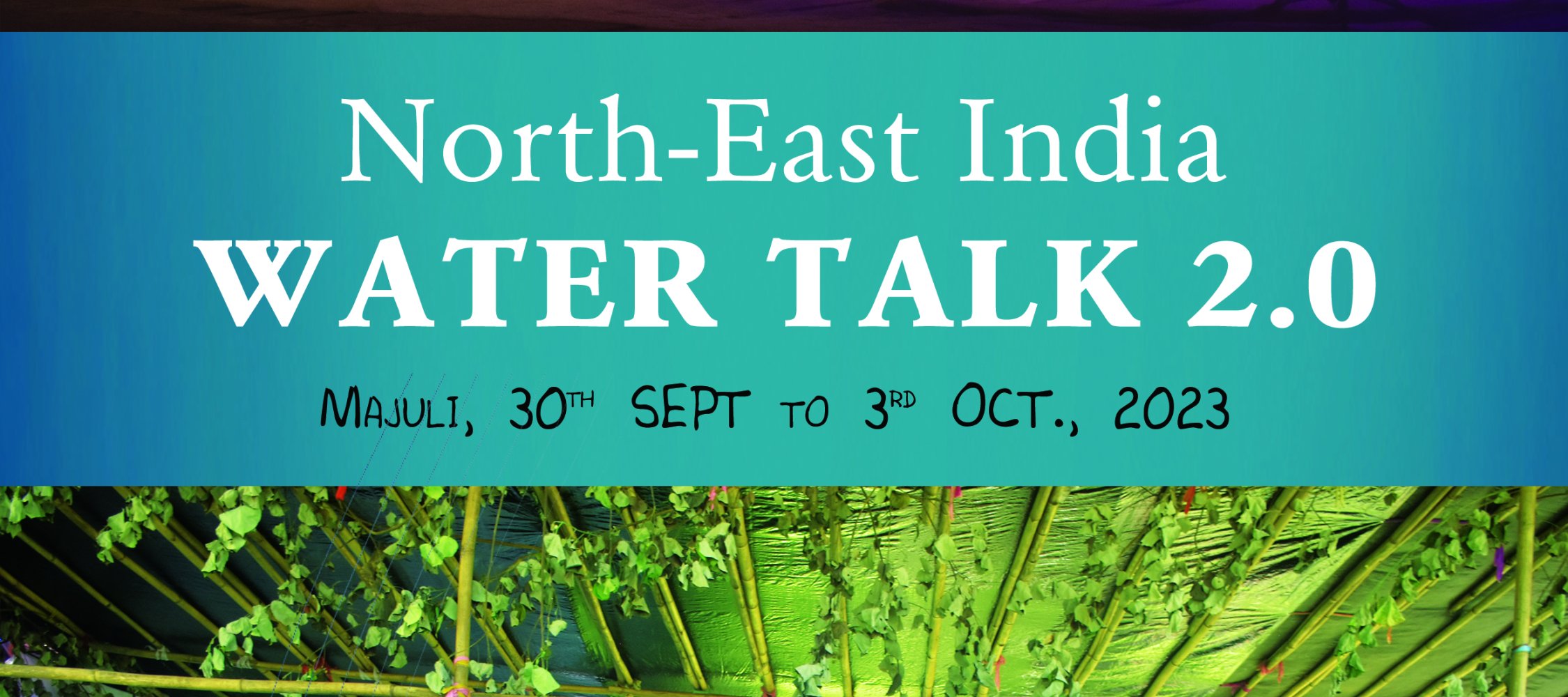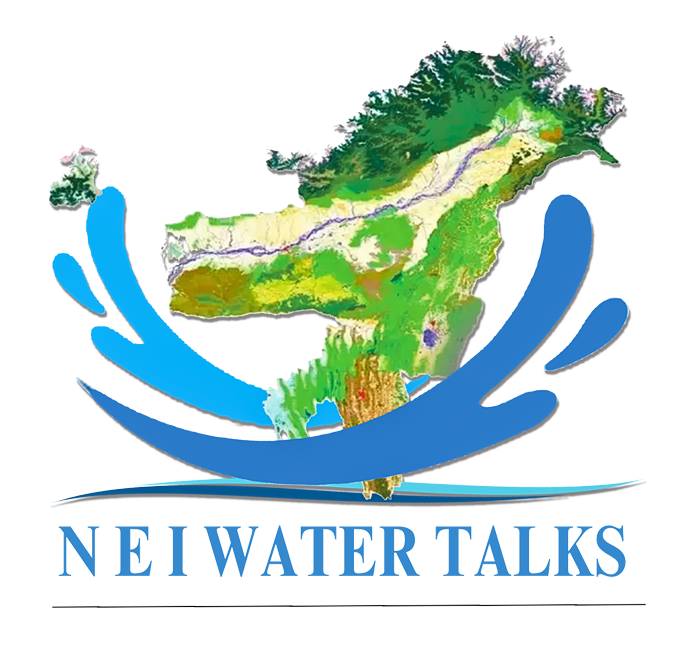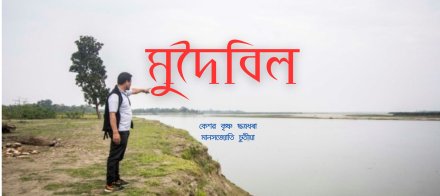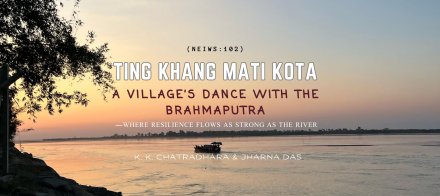 |
Behind all the things
Water, nature’s gift to all life forms, is in acute crisis all over the world. Though water forms about 70 per cent of the earth’s surface cover, nearly 97 per cent of water is saline and stored in oceans; barely three percent is freshwater. However, due to mining, deforestation and other human activities as well as the climate change, much of freshwater and aquatic biodiversity has depleted at an alarming rate, and in near future, the situation may trigger protracted conflicts world-wide over the rights, access and control of the water.
Ironically, being a rainfed region and endowed with plenty of rainfall, large rivers, and numerous mountain streams, the people in India’s northeastern part are generally indifferent to water issues, especially related to its availability, access, policy, governance and its management. As a result, the responsibility and decision-making about all kinds of water works has been left to the government and its various departments. However, more often than not, the government decisions, policies and actions concerning water adversely affect people’s lives and livelihoods.
In this backdrop, a couple of years ago, a group of youth, activists, journalists and development professionals initiated dialogues, known as North East Water Talks, to understand and deliberate on water issues at the grassroots level and create awareness among various stakeholders, particularly among the communities about the need for their participation in decision-making and collective action to address the water issues. The process led to a series of consultations and documentation of local water issues across the northeastern states, which culminated in the regional workshop at Majuli, the only island district of Assam.
Talks on water were not limited only to discussing different aspects of usages and management of water but also expanded to cover subjects like literature, history, politics, identity, and bio-cultural diversity and heritage of the region. Multiple interests and actors influence water management and policy-making. To understand these interests, it was felt important to carry out extensive documentation, research as well as collate all the ways as to how people and communities negotiate and live with water. It is also crucial to have a very good understanding of policies that govern water.
The objective of holding the regional water talk was to provide a platform for connecting the voices of all those people who had been working passionately on water issues in different parts of the region. It was hoped that this cross-disciplinary dialogue and engagement would help in improving understanding the status of water issues and adopting effective approaches to address them at multiple levels.
In short, the Majuli Water Talk aimed at:
(i) A better understanding of the various issues related to water in the Northeast region.
(ii) Collaboration and strengthening of the network of water workers, activists, and researchers.
(iii) Building consensus for an integrated vision towards decentralisation of water governance in the region.
(iv) Exploring strategies to carry forward the works for future interventions.
For reading the whole proceedings of the Majuli water talk 2.0 click here


